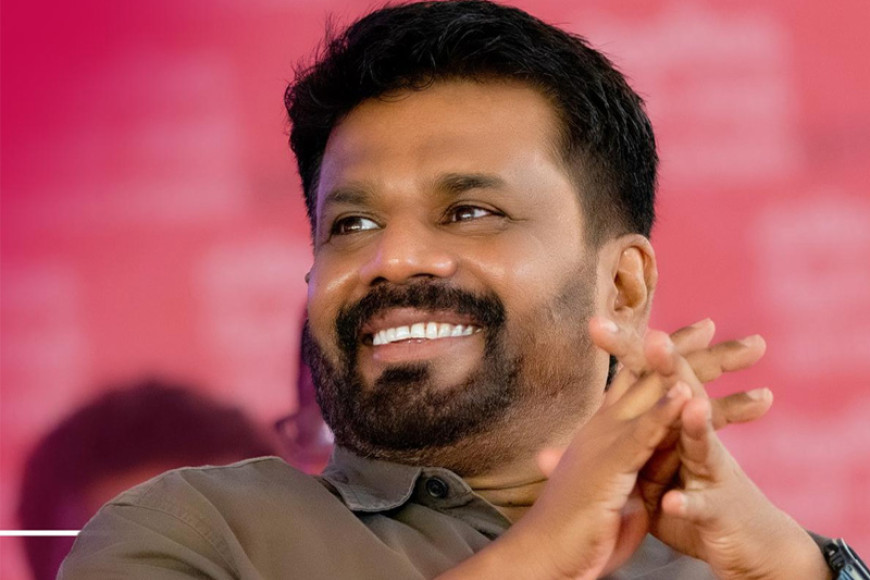The 2024 presidential election in Sri Lanka stands as a critical juncture in the country's political, social, and economic trajectory. This election, occurring amidst severe governance and economic crises, offers a historic chance for voters to shape the nation's future. With 38 candidates from various political coalitions, it is more than just an election; it is a referendum on the country's direction in the coming years.
Anura Kumara Dissanayake’s Ascendancy
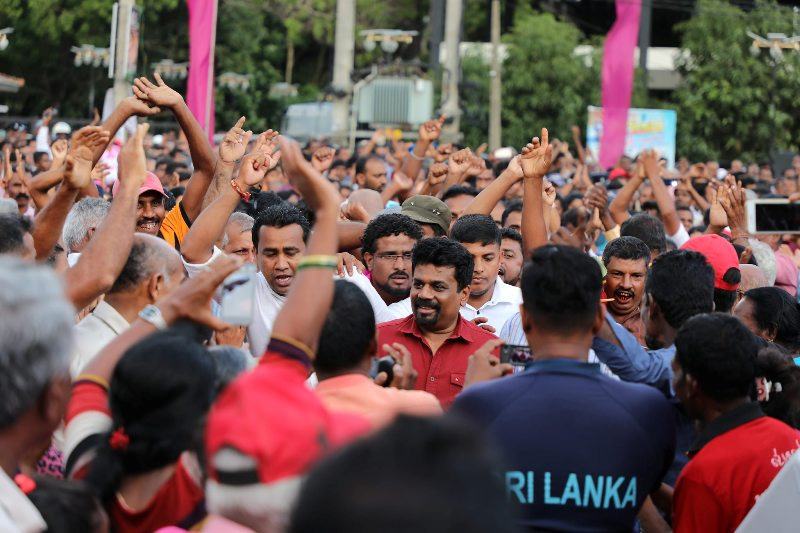
According to the latest results available as of 10 AM today , National People's Power (NPP) candidate Anura Kumara Dissanayake is poised to become the next president. An official from the NPP suggested that Dissanayake could be sworn in later today, although the timing remains uncertain.
There is a possibility of a second count, but the substantial lead Dissanayake holds over his nearest competitor makes it unlikely that further counting will alter the outcome.
The Samagi Jana Balawegaya (SJB) party, led by Sajith Premadasa, has already conceded defeat. SJB MP Dr. Harsha de Silva expressed his acceptance of Dissanayake’s impending victory.
In a message posted on X (formerly Twitter), he mentioned, "We campaigned hard for Sajith Premadasa, but it was not to be. It is now clear Anura Kumara Dissanayake will be the new President of Sri Lanka. In the spirit of democracy and goodwill, I called and wished my friend the best in the arduous road ahead."
The Rajapaksa Family's Fall from Power
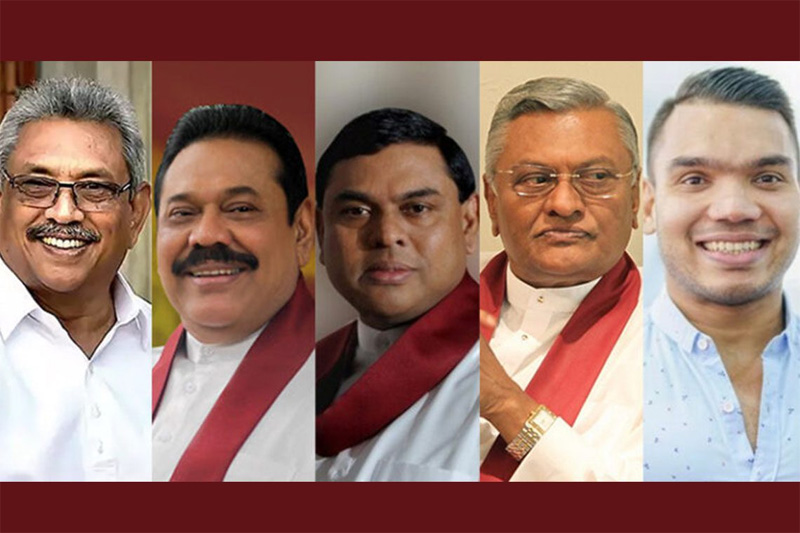
Sri Lanka's current political crisis is rooted in years of economic mismanagement, rampant corruption, and political instability, all of which culminated in widespread protests in 2022. The protests, known as the "Aragalaya" movement, led to the resignation of President Gotabaya Rajapaksa and marked the end of the Rajapaksa family's dominance in Sri Lankan politics. The family had been a key political force for two decades, producing two presidents and controlling major political parties.
The Rajapaksas were ousted due to a severe financial collapse that led to hyperinflation, shortages of essential goods like fuel and food, and widespread suffering among the population. The protestors, fueled by anger at the political elite, demanded not only immediate relief but also a complete overhaul of the political system.
The Economic Meltdown: Central to the Election
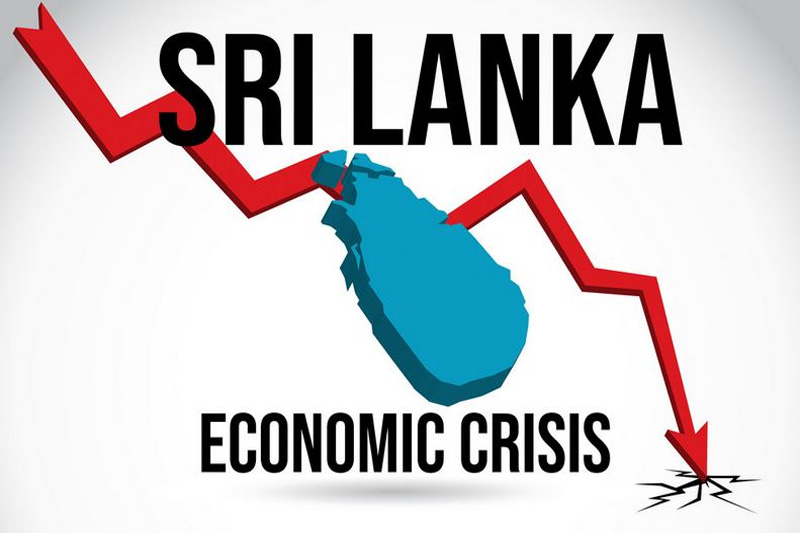
The economic crisis in Sri Lanka is not merely a financial breakdown; it has become a humanitarian disaster. Citizens were forced to wait in long lines for basic supplies like fuel and cooking gas, while inflation soared, and foreign reserves dwindled. As a result, the election has focused heavily on national recovery rather than traditional political party ideologies.
Voters face a difficult choice between continuity and radical change. The leading candidates represent divergent approaches to resolving the economic and political turmoil that has gripped the nation.
Leading Candidates and Their Visions
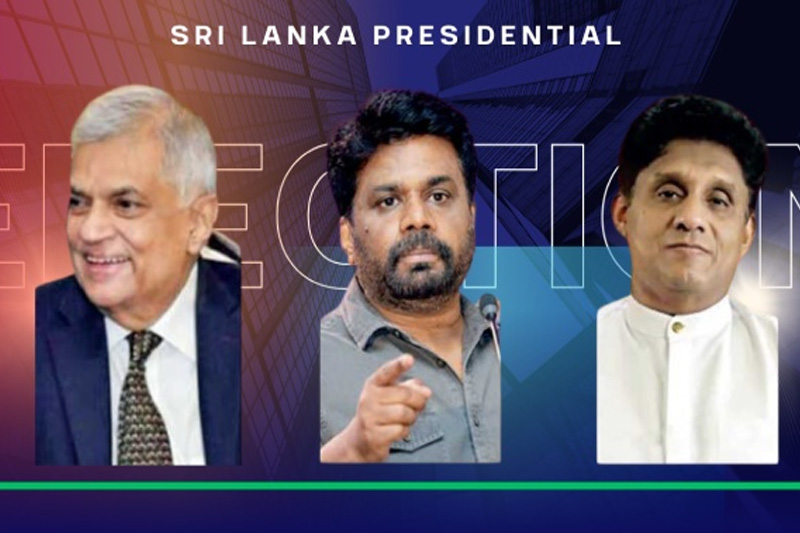
At the center of this crucial election are four prominent candidates, each offering a distinct vision for the future of Sri Lanka?
Anura Kumara Dissanayake (NPP): Dissanayake has risen as the candidate most in tune with the public's desire for systemic change. His party, the NPP, is a coalition of leftist and social democratic groups, including trade unions, intellectuals, and grassroots organizations. He has garnered significant support, particularly from younger voters, by championing anti-corruption measures and a complete restructuring of the economy. His platform emphasizes rebuilding public trust and creating a more equitable society.
However, some critics argue that Dissanayake’s proposals may be overly idealistic, considering Sri Lanka’s reliance on international financial institutions. Furthermore, the historical roots of his party, the Janatha Vimukthi Peramuna (JVP), in Marxism-Leninism and Sinhala nationalism raise concerns for older voters and the Tamil minority, who recall the party's violent past in the 1970s and 1980s.
Sajith Premadasa (SJB): Premadasa presents a centrist option for voters, offering a vision that balances social welfare with economic recovery. His campaign focuses on immediate relief for the suffering population, promising to tackle poverty, improve public services, and prioritize the common citizen. Premadasa, the son of former President Ranasinghe Premadasa, seeks to distance himself from the political elite and position himself as a leader of the people. However, his connection to the established political class has made it difficult for him to fully align with the demands for systemic change. His challenge lies in convincing the electorate that he can bridge the gap between reform and stability.
Ranil Wickremesinghe: Wickremesinghe, the incumbent president, entered the race as an independent candidate after taking office in the wake of Gotabaya Rajapaksa’s resignation. Wickremesinghe’s tenure has focused on stabilizing the country through negotiations with international organizations like the International Monetary Fund (IMF) to secure loans and implement austerity measures. His economic policies, aimed at long-term recovery, have not been well-received by all, as many citizens struggle to meet their immediate needs. Wickremesinghe’s experience and pragmatic approach may appeal to voters seeking continuity, but his association with unpopular austerity policies could be a major stumbling block.
Namal Rajapaksa (SLPP): Representing the Sri Lanka Podujana Peramuna (SLPP), Namal Rajapaksa is the son of former President Mahinda Rajapaksa. His candidacy comes at a time when the Rajapaksa family’s political influence is waning. While the family had a stronghold over Sri Lankan politics for years, the public backlash following the economic collapse has left them with dwindling support. Namal’s candidacy is not expected to be a serious challenge, but his participation underscores the persistence of dynastic politics in Sri Lanka.
The Stakes and Possible Outcomes
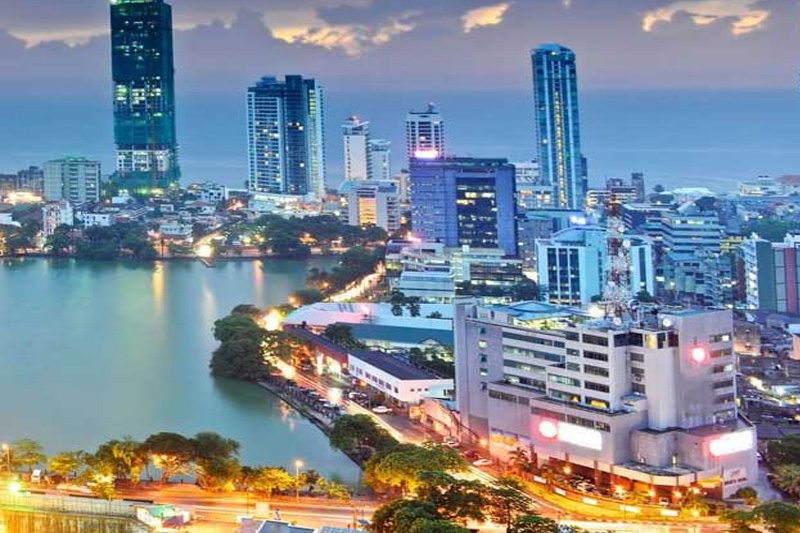
The outcome of the 2024 presidential election will determine whether Sri Lanka continues on its current path or embarks on a radical transformation. If Wickremesinghe wins, it would indicate that voters prefer continuity, valuing stability and economic recovery within the existing system. On the other hand, a victory for Dissanayake would signify a clear rejection of the political establishment and a call for sweeping changes. His presidency would test whether the "system change" he advocates is achievable or simply a populist slogan.
Premadasa’s potential victory would offer a middle ground, providing a combination of reform and pragmatism. His leadership would focus on alleviating immediate hardships while navigating the country's deep economic challenges.
Ultimately, this election is about more than just electing a new leader. It is a pivotal moment for Sri Lanka, as the nation grapples with the aftermath of a devastating economic crisis and widespread political discontent. The path the voters choose will shape the country’s future for years to come.


